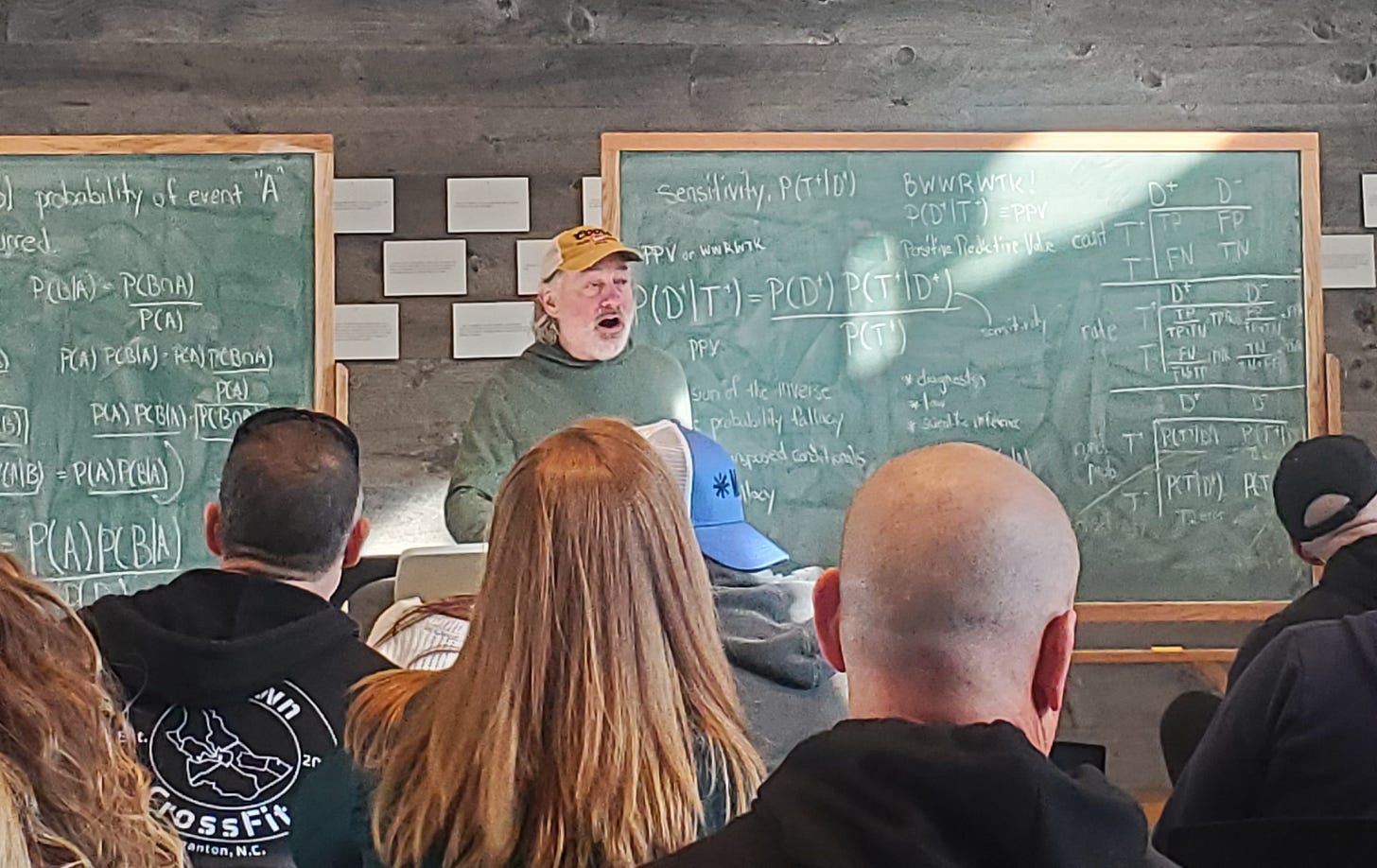The Broken Science Initiative 2025
Recently, I had the opportunity to visit Scottsdale, Arizona, to participate in the Broken Science Initiative (BSI) founded in 2022 by Greg Glassman and Emily Kaplan. The BSI's mission is to address systemic issues within modern science, particularly in fields like medicine and social sciences. Greg, with his mathematical mind and classical education, co-created the world-famous CrossFit movement, which eventually sold for millions.
For the most part, science is indeed broken. From the top, most people see the perceived arrogance of scientists, the bias and misconduct in research, the sensationalism in the media, and the politicization of science. Simply read the endless articles of image manipulation, fabrication, falsification, and plagiarism by individuals and organizations. Obvious cases include Merck’s Vioxx and Purdue’s OxyContin scandals. Both resulted in thousands of deaths. Another example, the…
Keep reading with a 7-day free trial
Subscribe to Johnathan Edwards MD Substack to keep reading this post and get 7 days of free access to the full post archives.


